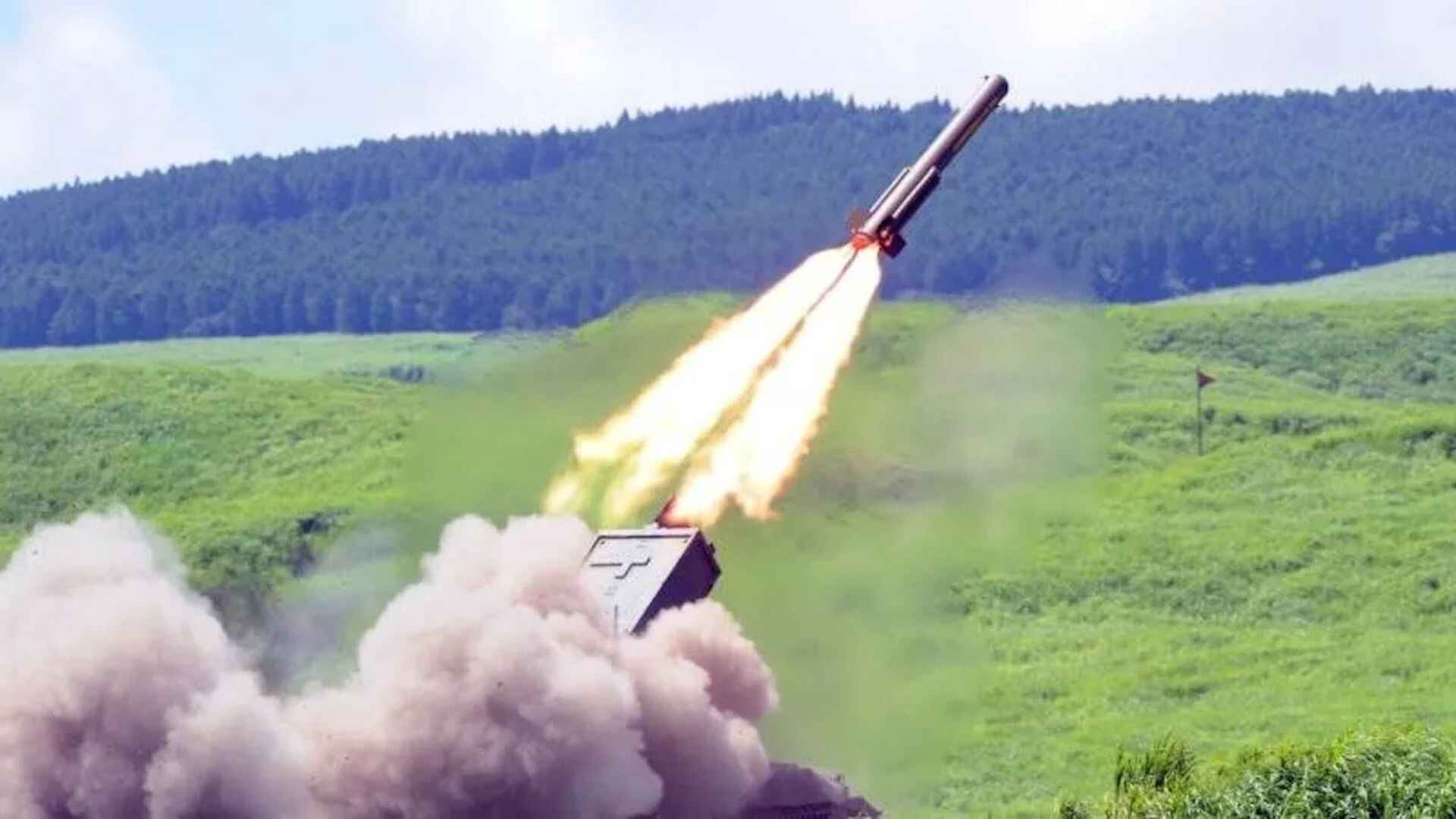Amid growing tensions in the Indo-Pacific, Japan is intensifying its defence efforts with the development of a new anti-ship missile designed to counter China’s regional aspirations and strengthen control over contested waters, as reported by Asia Times.
According to a previous report from Naval News, Kawasaki Heavy Industries (KHI) is set to conduct the initial test launch of its new anti-ship missile in fiscal year 2027. This missile, known as the “New Anti-Ship Missile for the Defence of Remote Islands,” forms part of Japan’s broader strategy to develop standoff missiles amid rising tensions over the contested Senkaku Islands, the report highlighted.
Equipped with KHI’s advanced KJ300 small fuel-efficient turbofan engine, the missile is designed to be launched from beyond enemy threat ranges. The Japanese Defence Ministry has earmarked USD 223 million for the missile’s research and development from fiscal years 2023 to 2027. With an anticipated range of 2,500 kilometres, the missile could potentially reach inland China from western Japan.
Must Read: US Election: Federal Authorities Probe Fires At Ballot Drop Boxes
This missile project is integral to Japan’s Defence Buildup Program, which aims to strengthen the nation’s standoff defence capabilities with longer-range, low radar cross-section, and more mobile missile systems. The program also includes plans to create a new precision-guided missile for surface-to-ship/surface use, leveraging research from the anti-ship missile project, as reported by Asia Times.
The successful deployment of this missile is expected to reinforce Japan’s ability to strike distant threats, bolstering its defence over remote islands and expanding its strategic reach, possibly extending into inland China. The Nansei/Ryukyu Islands hold significant strategic military importance for both China and Japan, offering critical points for logistics, defence, and power projection, the report explained.
For China, these islands are vital for accessing the First Island Chain, which is essential for naval operations and a possible blockade of Taiwan. In contrast, Japan views these islands as a defensive front against Chinese expansion, seeking to establish an “island wall” equipped with advanced missile systems. China has routinely conducted naval and air drills around these islands, simulating attacks with its carrier battlegroups.
In response, Japan’s 2022 National Security Strategy emphasises deploying long-range missiles and enhancing counterstrike capabilities against both China and North Korea. However, Japan encounters substantial tactical, operational, and strategic hurdles in its pursuit of long-range counterstrike abilities, as noted by Asia Times.
Japan’s commitment to a nuclear-free stance and the renunciation of offensive military power presents challenges for establishing a deterrence-by-punishment approach, making a deterrence-by-denial strategy essential in addressing regional threats.







